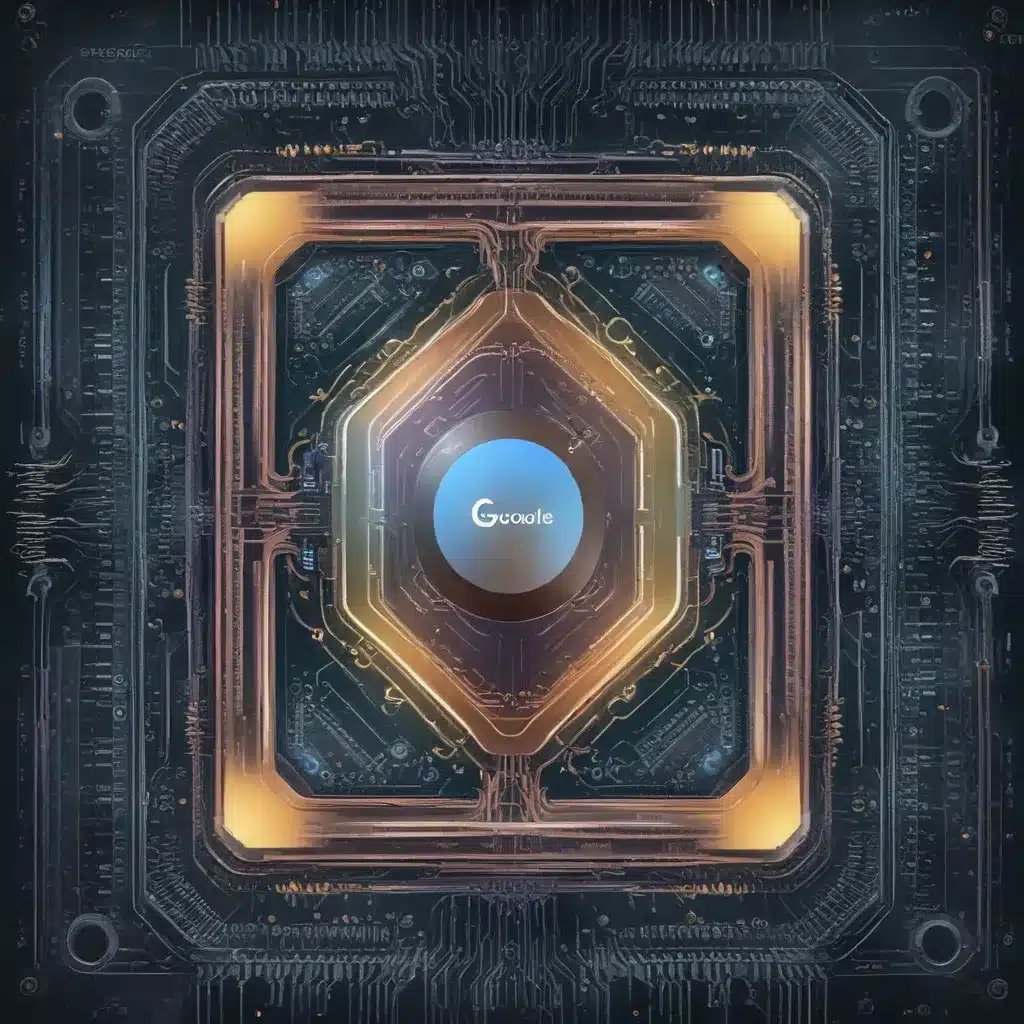
The Dawn of a New Era in Computing
The world of technology is on the cusp of a revolution, and quantum computing is at the forefront of this transformation. As a seasoned IT professional, I’m excited to share with you Google’s vision for the future of quantum software and the practical implications for developers.
Quantum Supremacy: A Landmark Achievement
In 2019, Google made headlines when its Sycamore quantum processor demonstrated quantum supremacy, performing a specific calculation in 200 seconds that would have taken the world’s fastest supercomputer 10,000 years to complete. This landmark achievement proved that quantum computers can indeed outperform classical computers on certain tasks, paving the way for a new era of computational possibilities.
Google’s Quantum AI: Pushing the Boundaries
Google’s Quantum AI lab has been at the forefront of quantum computing research and development. The team has continued to push the boundaries, collaborating with industry and academic partners to uncover future applications for error-corrected quantum computers. These efforts have led to significant advancements in the fields of chemistry, materials science, and energy, where quantum computers could solve problems that are currently intractable for classical computers.
Overcoming the Challenges of Quantum Computing
One of the fundamental requirements for creating a truly useful quantum computer is error correction. Google’s researchers have made significant strides in this area, demonstrating that increasing the number of qubits can reduce errors, a crucial step towards building a commercially viable quantum computer.
Quantum Software Development: Google’s Roadmap
Google is making its quantum computing products and tools freely available to the public, enabling developers and researchers to explore the potential of this transformative technology.
Quantum Virtual Machine (QVM)
In 2022, Google Quantum AI released the Quantum Virtual Machine (QVM), a tool designed to simulate the experience of programming one of the quantum computers in its lab. The QVM combines measurements from the company’s Sycamore processors with physics research team models, allowing users to simulate quantum processor-like output.
Cirq: A Software Library for Quantum Computing
Another key tool in Google’s arsenal is Cirq, a Python-based software library for writing, manipulating, and optimizing quantum circuits. Cirq provides useful abstractions for dealing with today’s noisy intermediate-scale quantum (NISQ) computers, where hardware details are crucial to achieving state-of-the-art results.
Post-Quantum Cryptography Experiments
Google has also been actively exploring post-quantum cryptography (PQC) algorithms, collaborating with the security community to test the performance and feasibility of PQC in real-world scenarios. These experiments have provided valuable insights, informing Google’s technology roadmap and ensuring the company is PQC-ready.
Collaborating with Industry Leaders
Google is not alone in its quantum computing efforts. The company’s main competitors in this space include IBM, Microsoft, Amazon, and Intel. However, the quantum computing ecosystem is marked by a significant amount of collaboration, with these tech giants working together to advance the field.
IBM Quantum: IBM has been a pioneer in quantum computing, offering access to its quantum processors through its cloud-based platform.
Microsoft Azure Quantum: Microsoft’s cloud-based platform provides access to quantum hardware from various vendors, including D-Wave, IonQ, and Rigetti.
AWS Quantum: Amazon’s fully-managed quantum computing service, Amazon Braket, allows customers to access quantum hardware from multiple providers.
D-Wave: A Canadian company specializing in quantum annealing, D-Wave has developed its own quantum annealing processors available through its cloud-based platform, Leap.
Funding and Partnerships
Google’s quantum computing efforts are primarily funded from its own balance sheet, but the company also receives grants from government agencies and partners with academic institutions to conduct research. Prominent partners include CERN, NASA, and the University of California, Santa Barbara.
Exploring Real-World Applications
Google has established strategic partnerships with various industries to explore the potential of quantum computing. These collaborations include:
- Financial Services: Developing new algorithms for portfolio optimization, risk analysis, and fraud detection with J.P. Morgan.
- Particle Physics: Collaborating with CERN to develop new algorithms and tools to solve challenging problems in particle physics.
- Aerospace: Working with Airbus to explore quantum computing’s potential for flight optimization, scheduling, routing, and aircraft maintenance and safety.
- Automotive: Partnering with Volkswagen to enhance battery performance, optimize traffic flow, and develop new materials for electric vehicles.
The Road Ahead
As Google continues to push the boundaries of quantum computing, the company’s efforts are likely to focus on developing more powerful quantum processors and algorithms. The team has already made significant strides, and the future holds even greater promise.
From solving complex problems in chemistry and materials science to revolutionizing financial modeling and drug discovery, quantum computing has the potential to transform industries and change the way we approach problem-solving. With Google’s leadership and the collaborative efforts of the broader quantum computing ecosystem, the future of this technology is truly exciting.
Conclusion
The world of quantum computing is rapidly evolving, and Google’s Quantum AI lab is at the forefront of this revolution. By achieving quantum supremacy, developing innovative quantum software tools, and fostering strategic partnerships, the company is paving the way for a future where quantum computers unlock solutions to problems that were previously beyond the reach of classical computing.
As an IT professional, I encourage you to stay informed about the latest advancements in quantum computing and explore the resources and tools made available by Google and other industry leaders. By embracing this transformative technology, you can position yourself and your organization to thrive in the quantum era.












